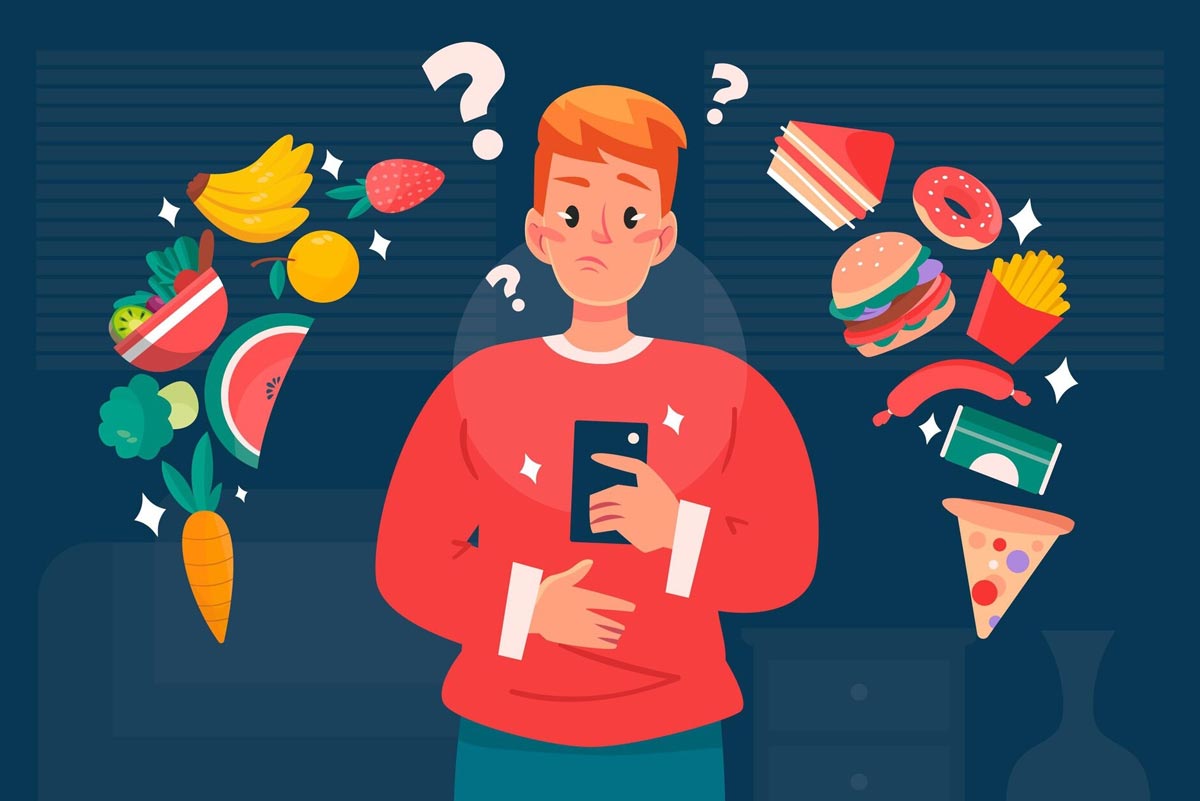Hi!
A recent study examined the links between various fad diets and kidney stone risk—you can read my summary below. The original study can be found here.
Kidney Stone Disease (KSD) is increasingly common, affecting up to 14% of people in industrialized countries, and is closely linked to dietary habits and metabolic syndrome. This review examined the relationship between popular diets and the risk of developing kidney stones, focusing on how these diets impact critical urinary risk factors for stone formation.
Key Points from the Study:
- Variability in Diets: There’s significant variation in low carbohydrate and high protein diets, with considerable overlap among the popular fad diets today. The study reviewed 22 articles on low carbohydrate diets, 20 on high protein diets, and 26 on vegetarian and vegan diets.
- Diet and Risk Factors: High carbohydrate intake may increase levels of urine uric acid, calcium, and oxalate, contributing to kidney stone risk. High protein diets are linked to increased urine calcium and uric acid and decreased urine pH and citrate. On the other hand, fruits and vegetables increase urinary volume and citrate, potentially reducing stone risk.
- Vegetarian and Vegan Diets: These diets can have varied impacts. While they generally increase urinary volume and citrate (beneficial against stone formation), insufficient calcium intake (particularly in vegan diets) can lead to secondary hyperoxaluria, a risk factor for stone formation.
- Conclusions and Recommendations: The study concludes that there is a lack of direct research evaluating the relationship between specific diets and KSD. However, reducing dietary carbohydrates and balancing protein-rich diets with adequate intake of fruits and vegetables may protect against kidney stone formation. For vegan and vegetarian diets, ensuring sufficient calcium intake is crucial. And, of course, lessening the highest oxalate foods like spinach and almond products.
The review underscores the need for more direct research to evaluate the impact of specific diets on kidney stone risk. It emphasizes that dietary choices can influence the formation of kidney stones. Understanding these dietary impacts is vital for kidney stone patients to manage their condition and prevent future occurrences.
Educational Implication:
For patients with KSD or those at risk, it’s crucial to consider the balance of macronutrients in their diets and the potential effects on urinary risk factors for stone formation. Reducing the intake of high-risk foods and ensuring a balanced diet with sufficient fruits, vegetables, and appropriate calcium levels can help manage and reduce the risk of kidney stones.
I have always said: Eat all food within the proper portion size(portion NOT perfection) and follow the Kidney Stone Diet. If you fit into our Kidney Stone Diet goals, you can live any lifestyle you like.
The bottom line is that this is complex and most people need help planning the best diet and kidney stone prevention plan. This is particularly true if there are other medical conditions to account for. That’s why I’m here.
Your friend and advocate,
Jill
P.S. We have lots of oxalate FAQ’s for you to read.














Leave a Reply